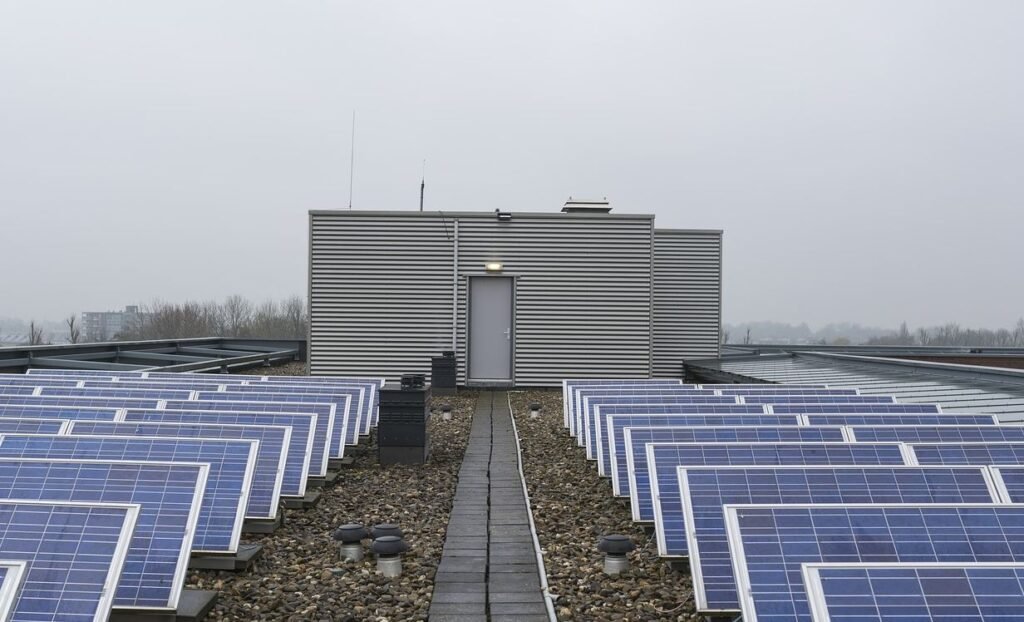Independent power producer Africa REN has officially commissioned the Walo Storage project in Bokhol, Dagana department, northern Senegal. This marks the first solar PV installation in West Africa to integrate battery storage dedicated to frequency regulation.
The facility combines 16 MW of solar generation with a 10 MW/20 MWh lithium-ion battery energy storage system, connected to the national grid operated by Senelec under a 20-year take-or-pay public-private partnership. The solar modules are mounted on single-axis trackers and paired with string inverters, enabling efficient energy production.
READ: Infinity Power to build 80MW solar plants in Côte d’Ivoire
Boost in supply reliability
According to Africa REN, the project will help stabilise the grid, enhance supply reliability, and cut annual CO₂ emissions by 26,600 tonnes, equivalent to removing over 18,000 cars from the road. In addition to frequency regulation, the storage system can deliver energy during peak demand or in the event of a grid outage.
US $46M was invested in the project, with financing from shareholders Metier Sustainable Capital International Fund II LLP and FMO, the Dutch development bank. Additional debt financing came from FMO and the Emerging Africa & Asia Infrastructure Fund (EAAIF) under the Private Infrastructure Development Group (PIDG). Construction generated 217 local jobs, while operations will support 30 permanent positions, contributing to the Saint-Louis region’s economy.
Gilles Parmentier, CEO of Africa REN, hailed the project as a “major technological breakthrough” and reaffirmed the company’s ambition to develop US $580M worth of sustainable assets by 2030. Senelec CEO Toby Gaye highlighted the facility’s role in ensuring grid stability and diversifying Senegal’s energy mix, reinforcing the country’s leadership in sustainable electrification in West Africa.
The commissioning follows recent renewable energy announcements in Senegal, including Axian Energy’s planned 60 MW/72 MWh solar-plus-storage project in the south and Juwi Renewable Energies’ 20 MW solar project with 11 MWh of storage in the west.
Senegal aims to generate 40% of its electricity from renewables by 2030. According to the International Renewable Energy Agency (IRENA), the country’s installed solar capacity rose to 273 MW in 2024, up from 231 MW in 2023. While national electricity access stands at 84%, more than 30% of rural communities remain without a grid connection, underscoring the need for continued investment in energy infrastructure.
